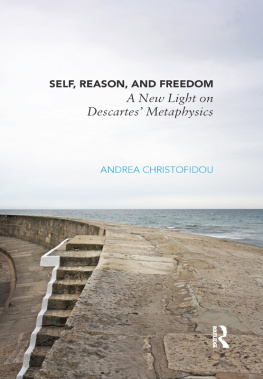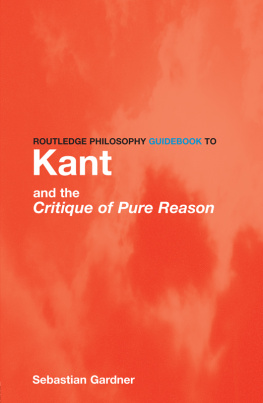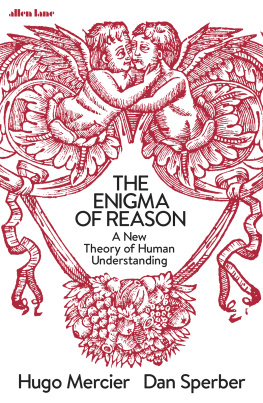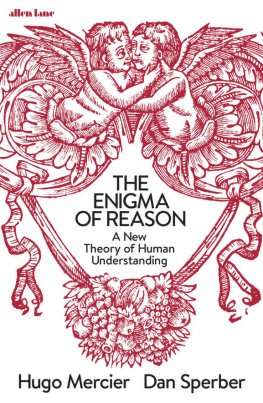THE LIFE OF REASON
THE PHASES OF HUMAN PROGRESS
* * *
GEORGE SANTAYANA
*
The Life of Reason
The Phases of Human Progress
From a 1906 edition
ISBN 978-1-62011-346-2
Duke Classics
2012 Duke Classics and its licensors. All rights reserved.
While every effort has been used to ensure the accuracy and reliability of the information contained in this edition, Duke Classics does not assume liability or responsibility for any errors or omissions in this book. Duke Classics does not accept responsibility for loss suffered as a result of reliance upon the accuracy or currency of information contained in this book.
Contents
*
Introduction to "The Life of Reason"
*
Progress is relative to an ideal which reflection creates.
Whatever forces may govern human life, if they are to be recognised byman, must betray themselves in human experience. Progress in science orreligion, no less than in morals and art, is a dramatic episode in man'scareer, a welcome variation in his habit and state of mind; althoughthis variation may often regard or propitiate things external,adjustment to which may be important for his welfare. The importance ofthese external things, as well as their existence, he can establish onlyby the function and utility which a recognition of them may have in hislife. The entire history of progress is a moral drama, a tale man mightunfold in a great autobiography, could his myriad heads and countlessscintillas of consciousness conspire, like the seventy Alexandriansages, in a single version of the truth committed to each forinterpretation. What themes would prevail in such an examination ofheart? In what order and with what emphasis would they be recounted? Inwhich of its adventures would the human race, reviewing its wholeexperience, acknowledge a progress and a gain? To answer thesequestions, as they may be answered speculatively and provisionally by anindividual, is the purpose of the following work.
Efficacious reflection is reason.
A philosopher could hardly have a higher ambition than to make himself amouth-piece for the memory and judgment of his race. Yet the most casualconsideration of affairs already involves an attempt to do the samething. Reflection is pregnant from the beginning with all the principlesof synthesis and valuation needed in the most comprehensive criticism.So soon as man ceases to be wholly immersed in sense, he looks beforeand after, he regrets and desires; and the moments in which prospect orretrospect takes place constitute the reflective or representative partof his life, in contrast to the unmitigated flux of sensations in whichnothing ulterior is regarded. Representation, however, can hardly remainidle and merely speculative. To the ideal function of envisaging theabsent, memory and reflection will add (since they exist and constitutea new complication in being) the practical function of modifying thefuture. Vital impulse, however, when it is modified by reflection andveers in sympathy with judgments pronounced on the past, is properlycalled reason. Man's rational life consists in those moments in whichreflection not only occurs but proves efficacious. What is absent thenworks in the present, and values are imputed where they cannot be felt.Such representation is so far from being merely speculative that itspresence alone can raise bodily change to the dignity of action.Reflection gathers experiences together and perceives their relativeworth; which is as much as to say that it expresses a new attitude ofwill in the presence of a world better understood and turned to somepurpose. The limits of reflection mark those of concerted and rationalaction; they circumscribe the field of cumulative experience, or, whatis the same thing, of profitable living.
The Life of Reason a name for all practical thought and allaction justified by its fruits in consciousness.
Thus if we use the word life in a eulogistic sense to designate thehappy maintenance against the world of some definite ideal interest, wemay say with Aristotle that life is reason in operation. The Life ofReason will then be a name for that part of experience which perceivesand pursues idealsall conduct so controlled and all sense sointerpreted as to perfect natural happiness.
Without reason, as without memory, there might still be pleasures andpains in existence. To increase those pleasures and reduce those painswould be to introduce an improvement into the sentient world, as if adevil suddenly died in hell or in heaven a new angel were created. Sincethe beings, however, in which these values would reside, would, byhypothesis, know nothing of one another, and since the betterment wouldtake place unprayed-for and unnoticed, it could hardly be called aprogress; and certainly not a progress in man, since man, without theideal continuity given by memory and reason, would have no moral being.In human progress, therefore, reason is not a casual instrument, havingits sole value in its service to sense; such a betterment in sentiencewould not be progress unless it were a progress in reason, and theincreasing pleasure revealed some object that could please; for withouta picture of the situation from which a heightened vitality might flow,the improvement could be neither remembered nor measured nor desired.The Life of Reason is accordingly neither a mere means nor a mereincident in human progress; it is the total and embodied progressitself, in which the pleasures of sense are included in so far as theycan be intelligently enjoyed and pursued. To recount man's rationalmoments would be to take an inventory of all his goods; for he is nothimself (as we say with unconscious accuracy) in the others. If he everappropriates them in recollection or prophecy, it is only on the groundof some physical relation which they may have to his being.
Reason is as old as man and as prevalent as human nature; for we shouldnot recognise an animal to be human unless his instincts were to somedegree conscious of their ends and rendered his ideas in that measurerelevant to conduct. Many sensations, or even a whole world of dreams,do not amount to intelligence until the images in the mind begin torepresent in some way, however symbolic, the forces and realitiesconfronted in action. There may well be intense consciousness in thetotal absence of rationality. Such consciousness is suggested in dreams,in madness, and may be found, for all we know, in the depths ofuniversal nature. Minds peopled only by desultory visions and lustswould not have the dignity of human souls even if they seemed to pursuecertain objects unerringly; for that pursuit would not be illumined byany vision of its goal. Reason and humanity begin with the union ofinstinct and ideation, when instinct becomes enlightened, establishesvalues in its objects, and is turned from a process into an art, whileat the same time consciousness becomes practical and cognitive,beginning to contain some symbol or record of the co-ordinate realitiesamong which it arises.
Reason accordingly requires the fusion of two types of life, commonlyled in the world in well-nigh total separation, one a life of impulseexpressed in affairs and social passions, the other a life of reflectionexpressed in religion, science, and the imitative arts. In the Life ofReason, if it were brought to perfection, intelligence would be at oncethe universal method of practice and its continual reward. Allreflection would then be applicable in action and all action fruitful inhappiness. Though this be an ideal, yet everyone gives it from time totime a partial embodiment when he practises useful arts, when hispassions happily lead him to enlightenment, or when his fancy breedsvisions pertinent to his ultimate good. Everyone leads the Life ofReason in so far as he finds a steady light behind the world's glitterand a clear residuum of joy beneath pleasure or success. No experiencenot to be repented of falls without its sphere. Every solution to adoubt, in so far as it is not a new error, every practical achievementnot neutralised by a second maladjustment consequent upon it, everyconsolation not the seed of another greater sorrow, may be gatheredtogether and built into this edifice. The Life of Reason is the happymarriage of two elementsimpulse and ideationwhich if wholly divorcedwould reduce man to a brute or to a maniac. The rational animal isgenerated by the union of these two monsters. He is constituted by ideaswhich have ceased to be visionary and actions which have ceased to bevain.

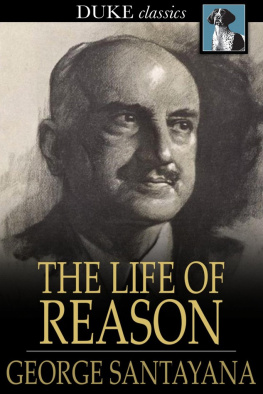
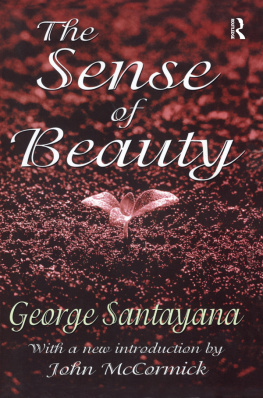

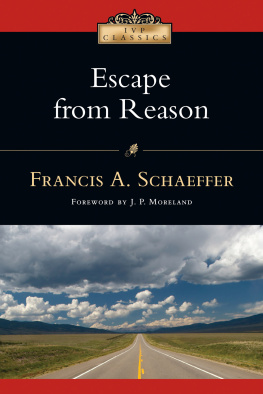
![Santayana - The life of reason, [or], the phases of human progress](/uploads/posts/book/233706/thumbs/santayana-the-life-of-reason-or-the-phases-of.jpg)
